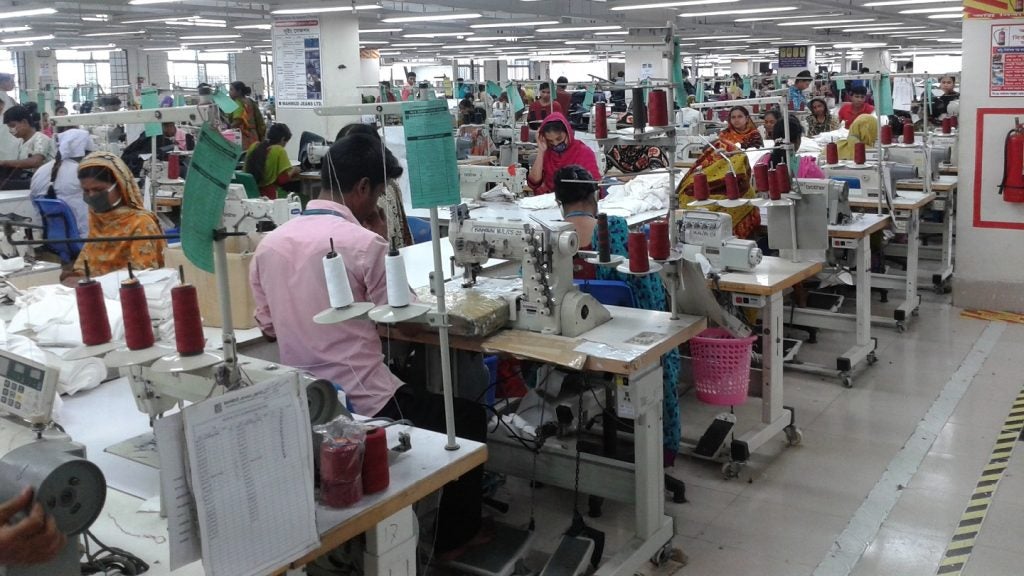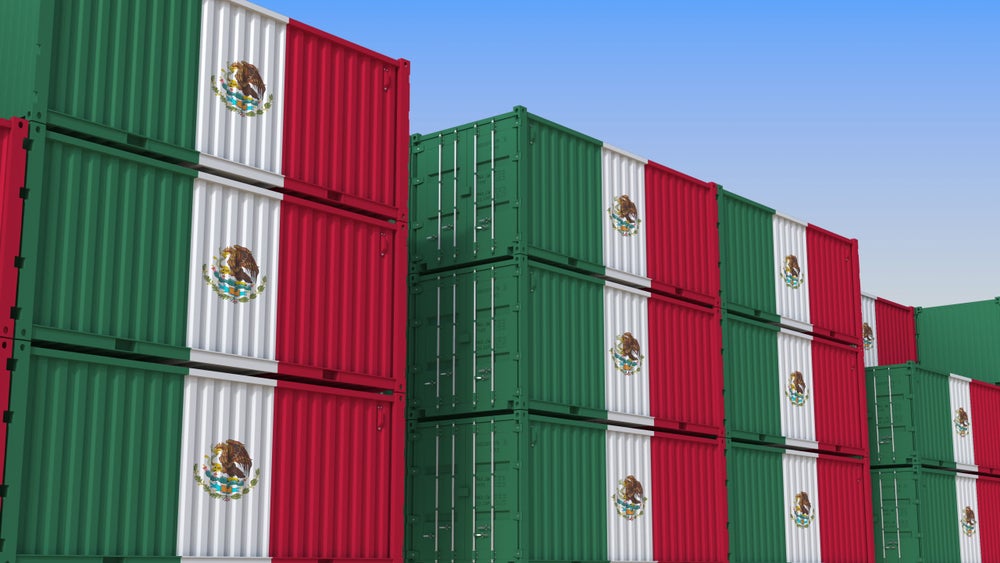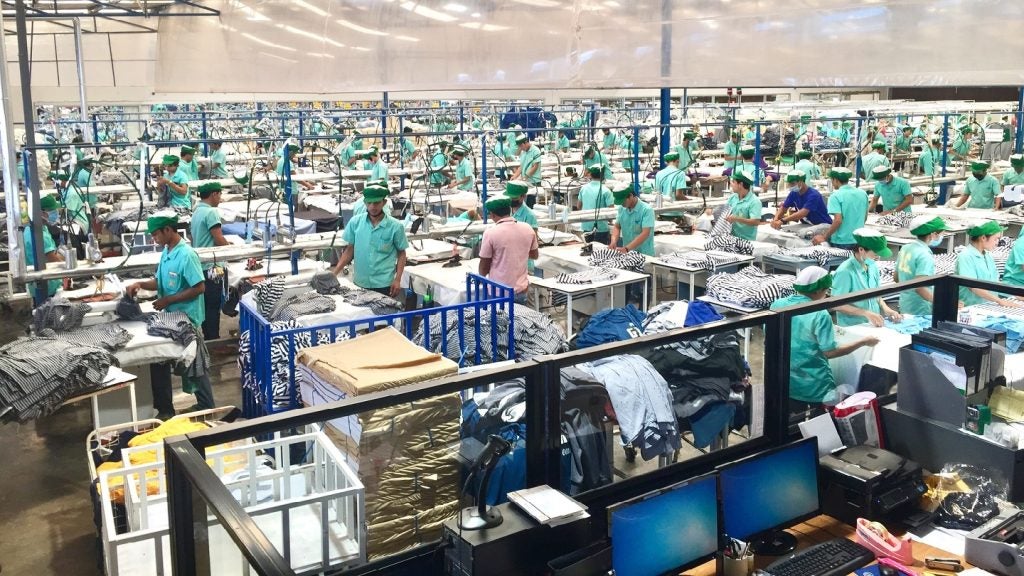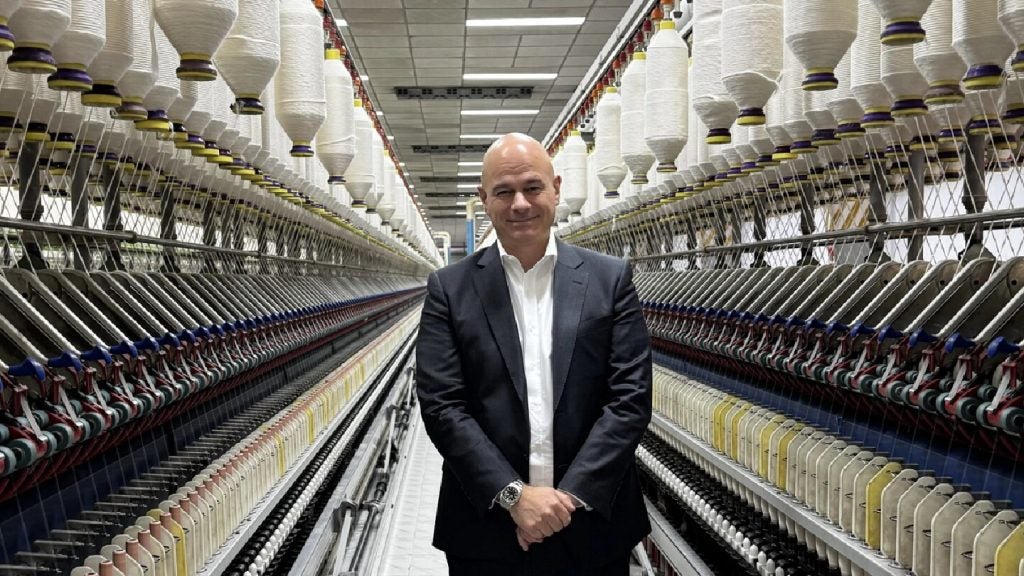The joint declaration 'Improved and Harmonious National Industrial Relations System in Bangladesh' was formally adopted in December with the intent to advance and cultivate the National Industrial Relations System and practices within Bangladesh.
The goal is to foster an environment conducive to harmonious, resilient, inclusive, and sustainable development across economic, social, and environmental domains.
The declaration specifically focuses on:
1. Collaborative efforts to strengthen social dialogue: The signatories pledge to fortify mechanisms for social dialogue, involving entities like the National Tobacco Control Cell (NTCC), RMG TCS, and Minimum Wages Board. This effort aims to create favourable conditions for effective policymaking on labour rights that benefit all stakeholders while fostering economic growth and decent work opportunities.
2. Tripartite alliance for enhanced dispute prevention and resolution: The Bangladesh government seeks cooperation with its social partners to develop a robust industrial relations system capable of ensuring a stable and peaceful industrial climate. This initiative emphasises protecting workers' rights while ensuring their concerns are acknowledged and addressed effectively.
Representatives from each faction of the International Labour Organization (ILO) have committed to a cooperative approach in developing an industrial relations framework that is founded on principles of social justice.
The objective is to cultivate a workplace atmosphere that supports both amicable employer-employee relationships and a stable operational climate, both of which are vital for enduring economic development.
This accord has been established in response to ongoing industrial discontent across different sectors in the country, which has led to prolonged interruptions in business activities.
A robust industrial relations framework is seen as a proactive measure to address and mitigate instances of social conflict, violence, and business disruptions from their inception.
The ILO and its partners urge all involved parties to maintain rights and safeguard commercial enterprises.
ILO Governance, Rights and Dialogue assistant director-general Manuela Tomei said: “Sound industrial relations anchored in inclusive social dialogue, pave the way for better employment terms, improved working conditions and social justice, which are essential elements for a stable business environment.
“Such a system is best established on a foundation of respect for international labour standards with the freedom of association, the right to collective bargaining, and safe and healthy working conditions as non-negotiable pillars of the system.”
The agreement was signed during a national conversation aimed at reinforcing amicable industrial relations within Bangladesh. It presents a collective aspiration to improve systems for social dialogue and create more proficient methods for averting and resolving disputes.
BEF president Ardashir Kabir added: “The Bangladesh Employers’ Federation is dedicated to raising awareness about the value of tripartism and will actively support government efforts to enhance collective bargaining mechanisms.”
NCCWE chairperson Badal Khan said that workers also shared similar views and that they are “committed to support the effective role of workers in tripartite and bipartite social dialogue mechanisms and to identifying and supporting measures to improve the functioning of such mechanisms”.
To achieve an effective industrial relations framework in Bangladesh, it will be crucial to update and standardise the dispute prevention and resolution process, including the integration of alternative dispute resolution methods.
This declaration signifies a critical juncture for Bangladesh as it progresses towards an industrial relations system characterised by fairness and sustainability, setting the stage for social equity and long-term economic success.
















